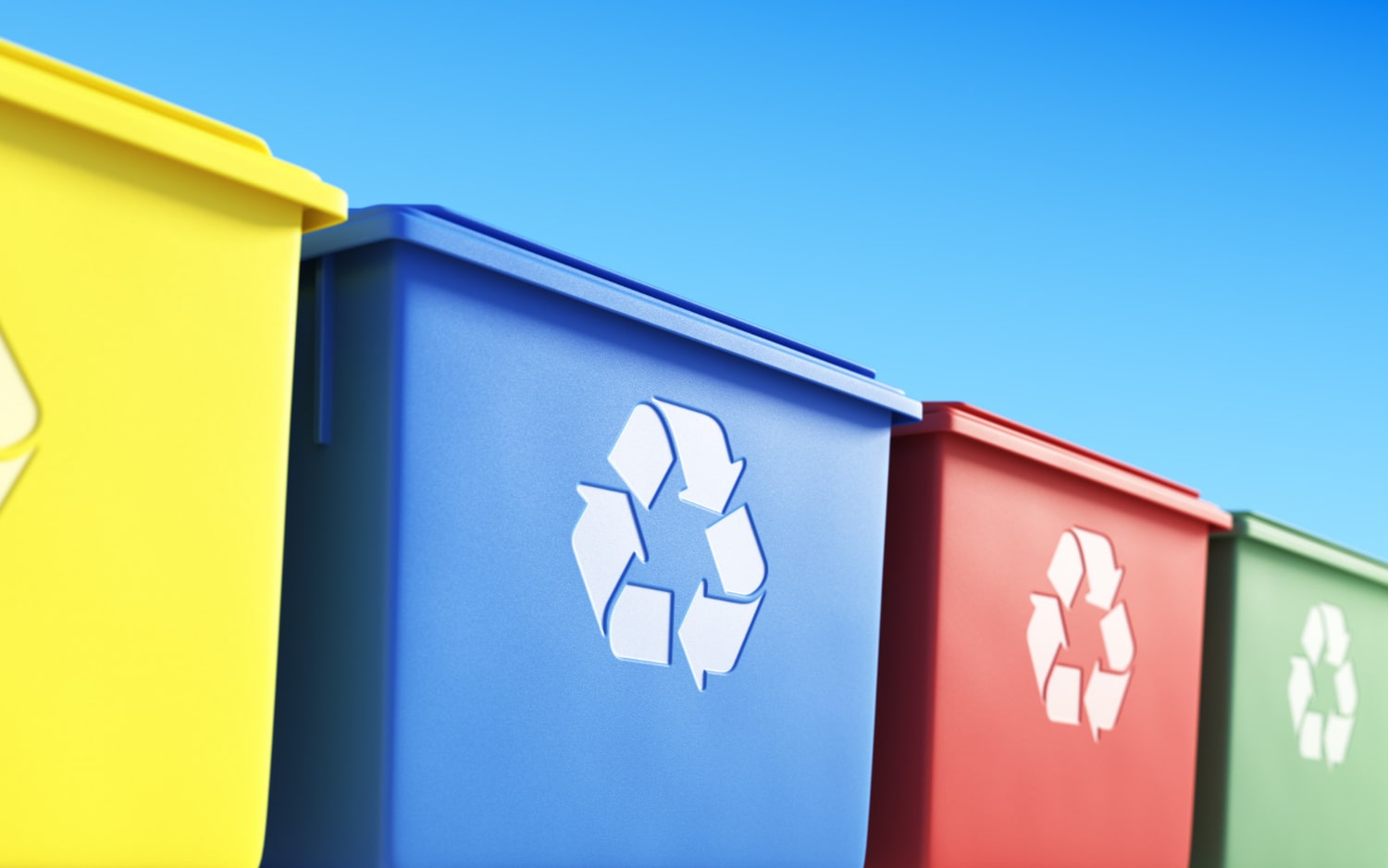
30 interesting facts about recycling
- 👁️ 1164
Recycling is a crucial practice that helps reduce waste, conserve resources, and protect the environment. By collecting and processing materials that would otherwise be discarded, recycling plays a significant role in sustainable living. It promotes the circular economy by transforming waste into valuable resources. Here are several interesting facts about recycling:
- Recycling a single aluminum can saves enough energy to power a television for three hours.
- Glass bottles can be recycled indefinitely without any loss in quality.
- Paper can be recycled up to seven times before the fibers become too short and lose their strength.
- Recycling one ton of paper saves approximately 17 trees, 7,000 gallons of water, and 380 gallons of oil.
- Plastic bottles take around 450 years to decompose in landfills, but they can be recycled and turned into new products.
- Recycling plastic reduces the consumption of energy by up to 80% compared to producing new plastic.
- The energy saved from recycling one glass bottle can power a computer for 25 minutes.
- Steel is one of the most commonly recycled materials and can be reused without losing its properties.
- Recycling one ton of steel saves around 2,500 pounds of iron ore, 1,400 pounds of coal, and 120 pounds of limestone.
- Recycling one ton of plastic can save approximately 5,774 kilowatt-hours of electricity.
- Electronic waste, or e-waste, contains valuable metals like gold, silver, and copper that can be recovered through recycling.
- Recycling one ton of cardboard saves approximately 46 gallons of oil.
- The recycling rate for aluminum cans in the UK is over 75%, making aluminum one of the most recycled materials.
- It takes 75% less energy to produce recycled plastic compared to producing new plastic from raw materials.
- Recycling glass reduces air pollution by 20% and water pollution by 50% compared to producing new glass.
- Around 40% of the world’s waste is paper, making it a significant material for recycling efforts.
- In the UK, recycling one ton of paper saves about 17 trees, 3.3 cubic yards of landfill space, and 4,000 kilowatt-hours of electricity.
- By recycling, we can significantly reduce the demand for raw materials, conserving natural resources and protecting ecosystems.
- Recycling helps reduce greenhouse gas emissions, as it requires less energy compared to producing new materials from scratch.
- The average person generates around 4.4 pounds (2 kilograms) of waste per day, highlighting the importance of recycling efforts.
- Recycling plastic bottles can save enough energy to power a 60-watt light bulb for up to six hours.
- In the UK, recycling one aluminum can saves enough energy to run a television for three hours.
- Food waste can be recycled through composting, which produces nutrient-rich soil for gardening.
- The recycling industry creates jobs and contributes to the economy, supporting a sustainable and green workforce.
- Recycling reduces the amount of waste sent to landfills, prolonging the lifespan of existing landfill sites.
- The UK’s recycling rate has been steadily increasing over the years, but there is still room for improvement and raising awareness.
- Recycling conserves water resources, as producing new materials often requires large amounts of water.
- Recycling paper reduces air pollution by 73% and water pollution by 35% compared to producing new paper.
- Recycling plastics can help reduce the amount of plastic waste that ends up in the ocean, harming marine life.
- Recycling efforts contribute to a circular economy, where materials are reused, reducing the need for extraction of virgin resources.
Recycling is a powerful tool in the fight against waste and environmental degradation. It helps conserve resources, reduce pollution, and mitigate the impact of human activities on the planet. By embracing recycling practices and promoting a culture of sustainability, we can make a positive impact and create a cleaner, greener future for generations to come.








